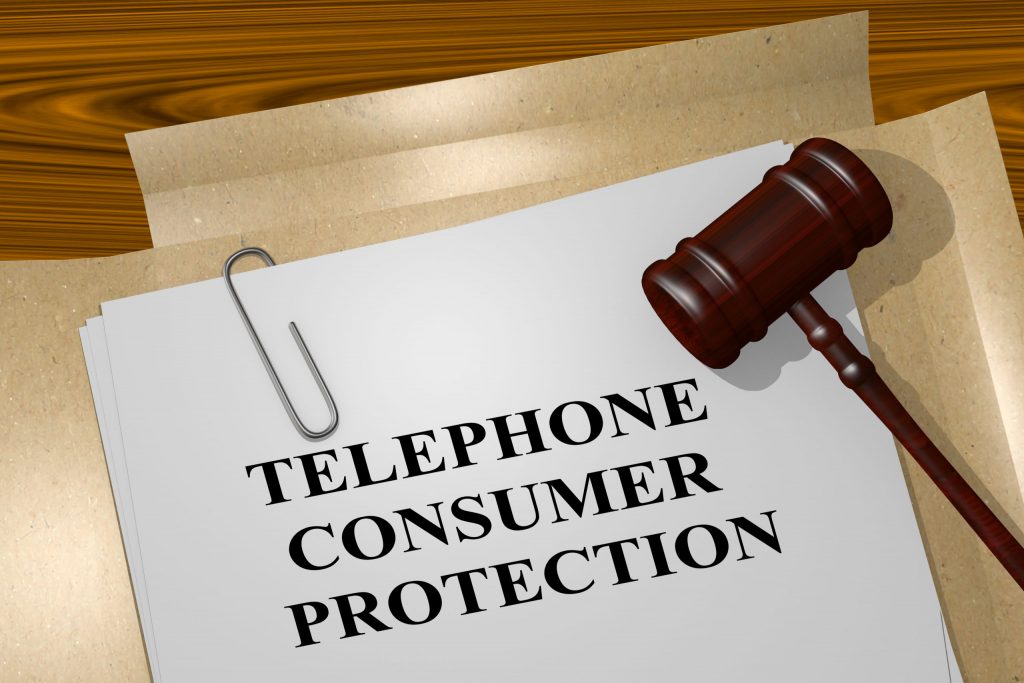The TCPA Protects You. Let Us Take Action When Creditors Call Again And Again.
Are you getting sick of annoying and costly auto dials or auto texts? Auto calls could mean solicitations or harassment from pre recorded robovoices, or it could mean that a live person is calling you using automated telephone equipment. Either way, these calls can get very frustrating very quickly. If you are frustrated by harassing collection calls, you should know that a law called the Telephone Consumer Protection Act (TCPA) protects you. Because of the TCPA, you don’t have to stand for harassment. At Sanders Law Group our attorneys can help you take action by enforcing your rights under the law. Our firm is dedicated to helping people throughout the nation take legal action to hold creditors accountable for breaking the law. Many of the people we represent are being harassed by creditors who are violating the TCPA. We get the calls to stop, and we get them compensation for the harm they have experienced.
What Happens If Your Creditor Is Found Guilty Of Violating The TCPA?
If the company calling you is found guilty of violating the TCPA, it could be charged a monetary fine of $500 per call. If it is determined that it was a willful violation and that the company continually violated the rules, that fine could increase to $1,500 per call. Over time, this really adds up. That’s why it’s important to keep track of the phone calls you receive from your creditors. Note the time of the calls, the numbers they used and what happened. Keep track of any harassing faxes or other contact from debt collectors too.
TCPA Frequently Asked Questions:
What is the Telephone Consumer Protection Act?
The Telephone Consumer Protection Act was passed by the U.S. Congress in 1991 and signed into law by President George H.W. Bush. It is the primary law that regulates the conduct of telephone solicitors and telemarketers. The TCPA restricts the use of automatic dialing systems and artificial or prerecorded voice messages received by cell phones. In other words, it makes it illegal to call someone’s cell phone using an automatic or predictive dialer without prior express consent of the cell phone user.
TCPA violations can often be combined with FDCPA violations, as a debt collector may use an automatic dialing system to call your cell phone in order to collect a debt. The statutory penalties for a violation of the TCPA are $500 per violation and up to $1,500 per violation for a purposeful violation.
If you have been harassed by a debt collector and he used an automatic dialing system or a prerecorded message to contact you, you may have a case under the Fair Debt Collection Practices Act and the Telephone Consumer Protection Act, you want to contact an attorney with Sanders Law Group to discuss a potential lawsuit.
What is prohibited under the Telephone Consumer Protection Act?
As part of the TCPA, debt collectors and other solicitors cannot:
- Make a call to a cell phone through an automatic telephone dialing system or an robotic dialer
- Call residents before 8 AM. or after 9 PM.
- Make calls to residences or cell phones using artificial voices or recordings
- Make calls without identifying their name, the name of the person or entity on whose behalf they are calling, and a phone number or address at which that person may be contacted
Get Help. Stop Robodialers.
Talk with an experienced and aggressive lawyer at Sanders Law Group. Call us toll free at (800) 979-3707 or contact us online.



